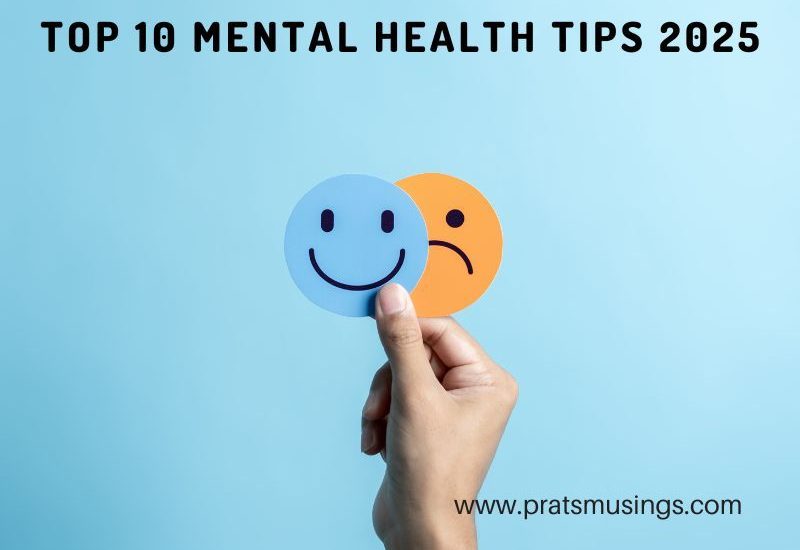Must-Have Health Screenings for Women by Age
Regular health screenings are essential for women of all ages to detect potential health issues early and maintain overall well-being. Depending on their age and risk factors, women should undergo specific screenings to ensure they stay healthy and prevent future health problems.
20s
In their 20s, women should start establishing a baseline for their health screenings. They should have regular blood pressure checks, cholesterol screenings, and screenings for sexually transmitted infections (STIs) if they are sexually active. Pap smears and pelvic exams should also be conducted regularly to screen for cervical cancer and other reproductive health issues.
30s
In their 30s, women should continue with regular blood pressure and cholesterol screenings. They should also have screenings for breast cancer with a mammogram every 1-2 years, depending on their risk factors. Women with a family history of breast cancer may need to start screening earlier. In addition, women should consider screenings for osteoporosis, especially if they have risk factors such as a family history of the disease.
40s
In their 40s, women should continue with all the screenings mentioned above and may need to increase the frequency of some screenings. For example, mammograms should be done annually, and screenings for colorectal cancer should also be considered. Women in their 40s should also have their thyroid function checked regularly, as thyroid issues become more common with age.
50s and beyond
As women enter their 50s and beyond, they should continue with all the screenings mentioned above and add a few more to their list. Women in their 50s should undergo regular screenings for colorectal cancer and may need to consider screenings for lung and bladder cancer, especially if they have risk factors for these diseases. Bone density screenings for osteoporosis should also be done regularly to detect any early signs of the disease.
Conclusion
Regular health screenings are crucial for women of all ages to ensure they stay healthy and detect any potential health issues early. By following the recommended screening guidelines based on their age and risk factors, women can take proactive steps to maintain their well-being and prevent future health problems. It’s important for women to work closely with their healthcare provider to determine the appropriate screenings for their individual health needs.


